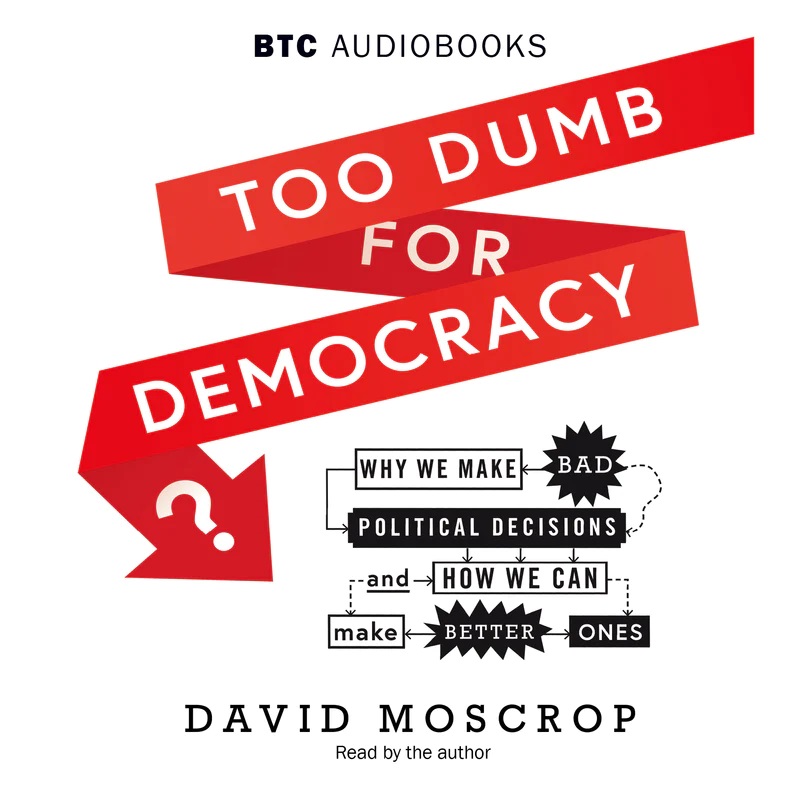What do you think?
Rate this book


10 pages, Audiobook
Published July 25, 2023
“Process matters. In some instances, when a group of people must decide on something, process may be the only thing that you can all agree on. And that is a start - an imperfect start that may lead to other issues down the road, but a start nonetheless. Agreeing on a process commits everyone to accept whatever outcome is reached, even if they do not like it. Without a good process, decisions will be driven by money, or influence, or even physical force. With a good process, you channel all the potential nastiness into a series of rules and norms that help manage disagreement.”Good decision making must be rational (based on facts and reasons), autonomous (based on our thoughts, beliefs and personal choices), reliable (consistent and predictable) and shareable (can be easily communicated with others).
...after the announcement that UK voters had elected to leave the European Union, the second most searched question on Google regarding the EU was “What is the EU?” And just ahead of the vote, one of the most common question was “What is Brexit?” Yikes.For example, in a poll, 46% per cent interviewed about health-care reform were against Obamacare and 37% percent were opposed to the Affordable Care Act… even though both legislation were one and the same. (Also, that quote was one of the few references made to Brexit and Trump.)
These searches imply that an alarming number of voters had no idea what they were voting for and no clue what they had done after they had cast their ballot. The day after Donald Trump was elected president offered similar results. That day, the top three “How did…?” questions on Google were “How did Trump win?” “How did this happen?” and “How did Clinton lose?” In this case, the searched might speak more to shock or curiosity than ignorance. But perhaps not.
Would you prefer a policy that produced 90 per cent employment or one that resulted in 10 per cent unemployment? The first policy sounds more appealing, right? Who wants 10 per cent unemployement? The two statistics are implying the same thing, of course. But framing matters.2. Agenda-setting (what the media chooses to cover. ex. fake news)